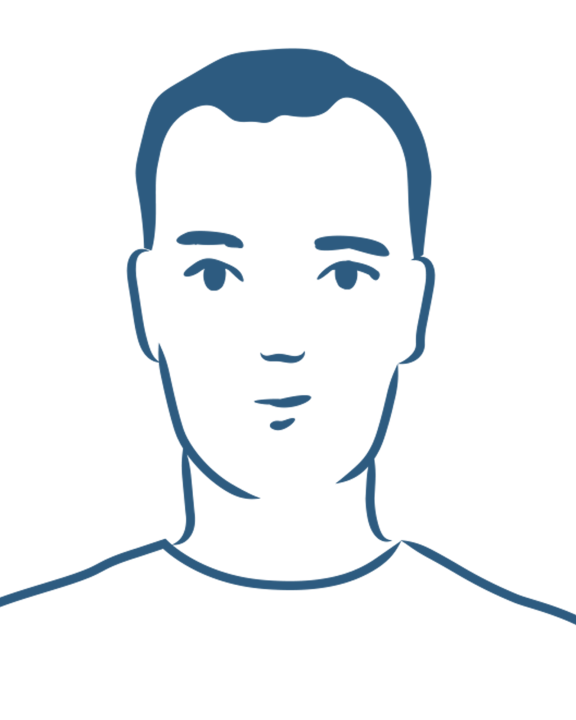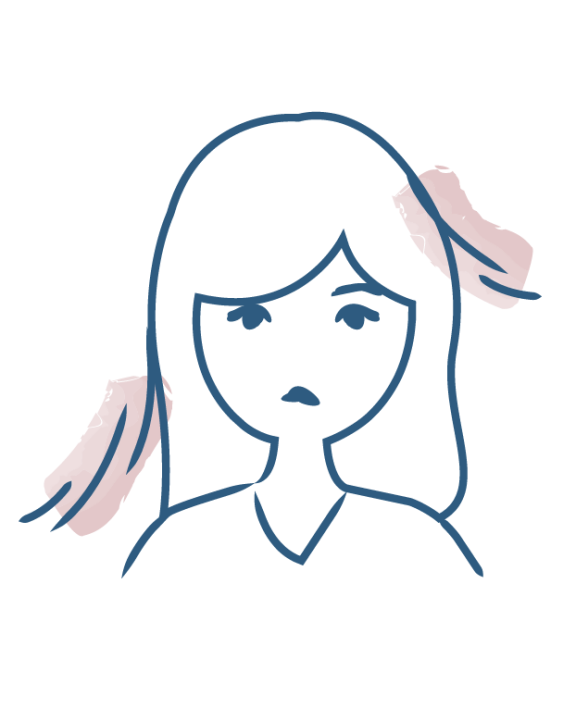-
Your concerns
Our articles to help you gain a better understanding
-
Our solutions
-
Ducray Dermatological laboratories
Our articles to help you gain a better understanding

When it comes to hair loss, and especially baldness, the question of heredity is often raised. Hereditary androgenetic alopecia can appear very early on, so be aware of and monitor the symptoms to take appropriate action against this pathology.
Alopecia is a type of hair loss of which the origin may be hereditary. Professionals usually refer to androgenetic alopecia, with baldness being its most advanced form. It affects mostly men by far. It should not be confused with the aging phenomenon, as it can appear in very young men, with some as young as 20 years old. In patients under the age of 30, alopecia is caused by a hereditary phenomenon and has a gradual, localized onset: starting at the forehead and temple region before spreading to the rest of the head. The onset mechanism of androgenetic alopecia is, in part, linked to genetics, but also to other factors such as the hormonal factor, which involves the androgen receptors found in the dermal papilla of the hair. As a result of this hormone regulation problem, the hair cycle becomes disrupted: hair growth speeds up, and the hair becomes gradually thinner until eventually falling out permanently.
Unlike with occasional hair loss—such as hair loss associated with dietary deficiencies(or to changes in season, the postpartum period, fatigue and stress), which is reactional and thus temporary—hereditary baldness is irreversible. The hairs that fall out will never grow back. Hair implants, or hair transplants, continue to be the solution of last resort for restoring hair to the affected areas. To prevent baldness from spreading to the rest of the head, however, it is recommended that you consult a dermatologist as soon as possible. A dermatologist is the only one qualified to make a proper diagnosis and provide the best anti-hair loss treatment. You should consult a professional as soon as symptoms appear to ensure a fast medicinal treatment. To date, only two types of medicinal treatments are approved for the treatment of androgenetic alopecia: minoxidil and anti-androgen medications such as finasteride (but which are prescribed to men only).
Loss of hair density, thinning hair

Reactional loss of hair volume

Chronic loss of hair density

Reactional loss of hair volume

Reactional loss of hair volume

Chronic loss of hair density
NEWSLETTER
Dermatological expertise
To better understand your skin and hair, discover our exclusive content and innovative care products designed to improve your quality of life..